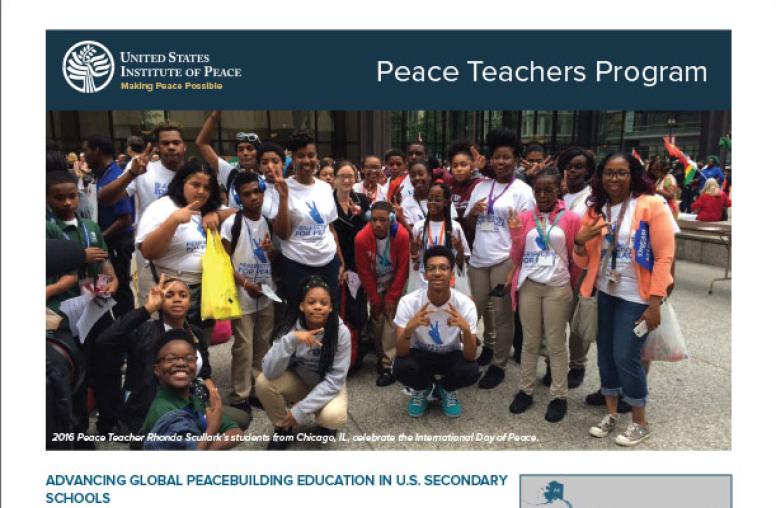Engagement, Coercion, and Iran’s Nuclear Challenge
Facilitated by the U.S. Institute of Peace and the Stimson Center, "Engagement, Coercion, and Iran's Nuclear Challenge" is the culmination of recommendations from a distinguished group of more than 40 scholars and policy analysts, who met regularly over the past year to evaluate how the U.S. should proceed in its strategy with the Islamic Republic of Iran.

Summary
U.S. Iran policy has been long on the tactics and techniques of sanctions and short on a clear, coherent, strategic vision of the kind of U.S.-Iranian relationship Washington ultimately wants. Without defining that vision—and the most effective balance of incentives and punitive measures needed to get there—U.S. policy toward Iran will continue to drift toward a choice between two unpalatable outcomes: the use of military force;or policies that seek to contain and deter Iran after it has succeeded in acquiring a nuclear weapons capability.
This report concludes that the administration must rebalance its dual-track approach to be effective in future relations with Iran. Seeking to charge a more promising course, the study group argues for a policy of "strategic engagement."
Strategic engagement will face many hurdles. If it does not succeed, the measures set out in this report will provide a foundation for a policy of deterrence and dissuasion. If, however, strategic engagement helps to advance a comprehensive solution to the escalation stand-off with Iran, it will be far preferable to a march toward war or to a policy directed at deterring Iran after it has succeeded in acquiring a nuclear-weapons capability.



